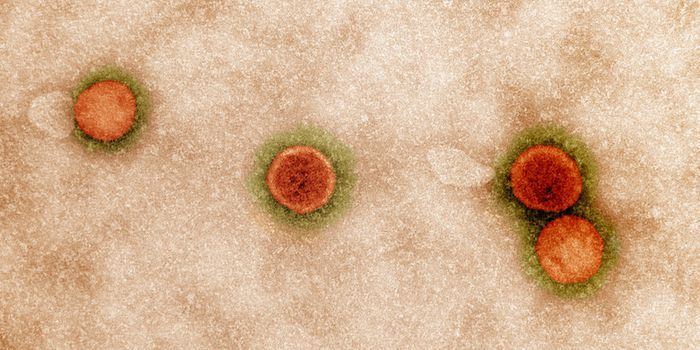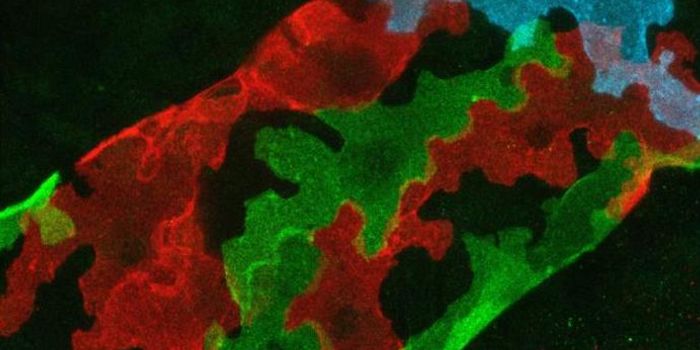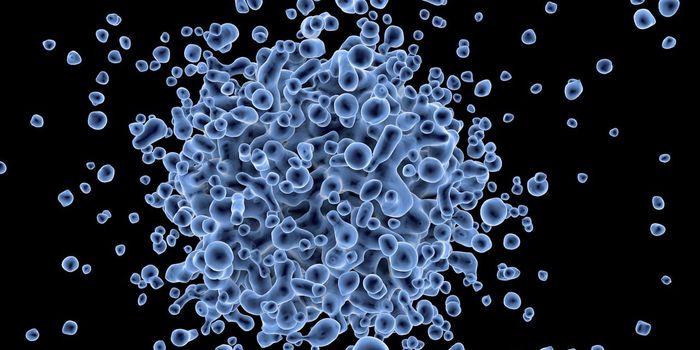Could This Drug Delivery Capsule Replace Injections?
Antibodies are naturally produced by many organisms; it's been estimated that humans can produce billions of different antibodies. They're part of the body's defense system against pathogens. Monoclonal antibodies are meant to mimic those defenses, and are generated in the laboratory. Some therapeutic monoclonal antibodies have been developed to treat a few different disorders, like some types of cancer and some autoimmune diseases. But these drugs cannot be given orally since enzymes in the stomach will destroy them before they can be absorbed; they have to be administered with an injection, which can be a major drawback for some patients.
Now scientists are working on an alternative delivery system that aims to treat patients with monoclonal antibodies using a capsule that can be swallowed instead. Once the capsule reaches the stomach, the drug gets injected into the lining of the stomach. Reporting in Nature Biotechnology, researchers have already developed a proof-of-concept strategy that successfully delivered insulin or a monoclonal antibody called adalimumab (also known as Humira) to pigs.
The capsule that was engineered is about the size of a blueberry. It has an orientation inspired by the tortoise; it can roll onto its back and insert a tiny needle into the lining of the stomach. When it was first created, it could hold 300 micrograms of insulin. The scientists altered it so it can now hold up to four milligrams of liquid medicine. Liquid drugs can get into the bloodstream faster. The stomach lining is thick, so harmful side effects are mitigated, and the capsule aims for the stomach because it can reach the stomach in roughly the same amount of time from one person to another, noted senior study author and gastroenterologist Giovanni Traverso, the Karl van Tassel Career Development Assistant Professor of Mechanical Engineering at MIT.
In the capsule, there is a plunger that can eject fluid from the capsule through the needle. The needles goes about 4.5 millimeters into the stomach lining. A sugar pellet can hold the plunger and needle in place, and once the liquid empties from the capsule, a second plunger retracts the needle. Finally, the body just excretes the entire system through the digestive system.
“Delivery of monoclonal antibodies orally is one of the biggest challenges we face in the field of drug delivery science,” said Traverso. “From an engineering perspective, the ability to deliver monoclonal antibodies at significant levels really transforms how we start to think about the management of these conditions.”
When pigs were given these capsules over several days, the drugs were still consistently delivered, and there was no indication of damage to the stomach lining following injection.
More work will be needed before these capsules are ready for use in the clinic, but the researchers are hopeful that they can begin clinical trials as soon as possible.
Sources: Massachusetts Institute of Technology (MIT), Nature Biotechnology









